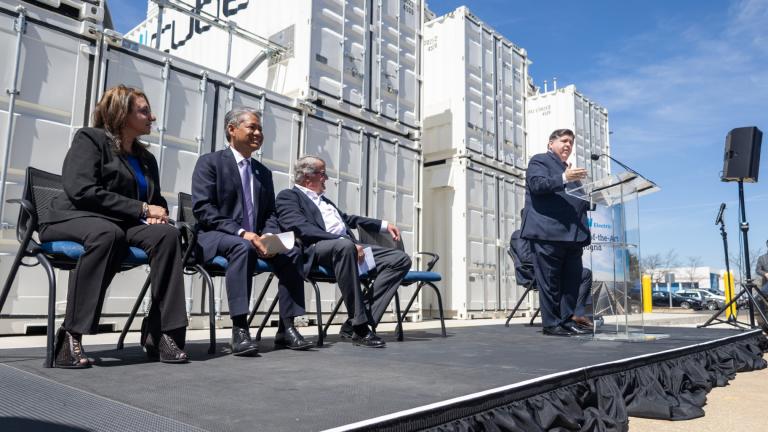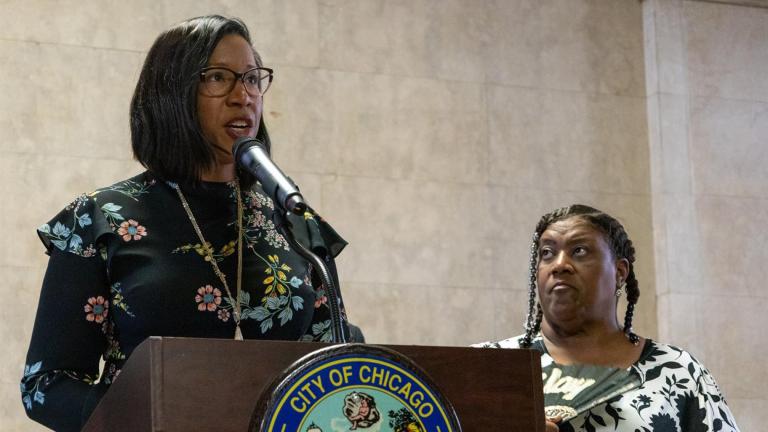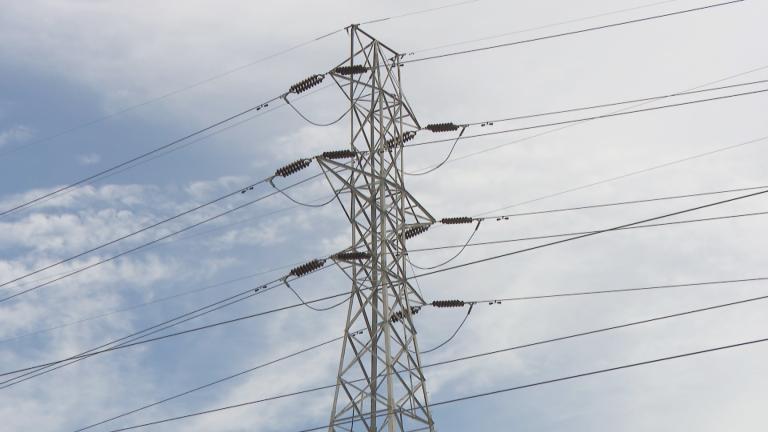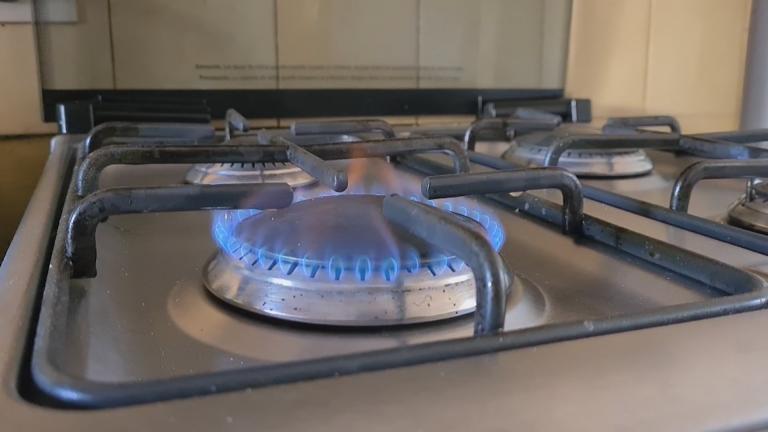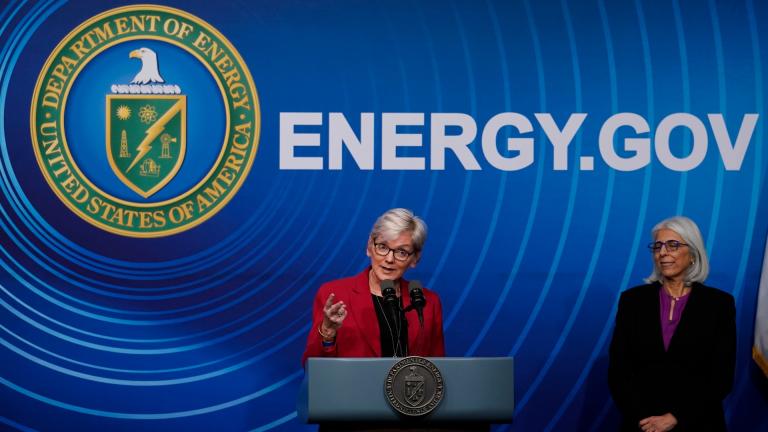The Illinois House is reconvening Thursday for what lawmakers hope will be the penultimate chapter of yearslong energy negotiations.
To say negotiations have been going for years is not an exaggeration. And now it’s truly down to the wire for a far-reaching omnibus package.
Exelon has been steadfast that it will begin to shut down its nuclear plant in Byron unless a law is passed by Monday’s end — a law that would have ratepayers pay an extra charge on electric bills to keep Exelon nuclear plants running.
Advocates say nuclear is needed to meet the package’s broader goals of moving Illinois first to carbon-free energy sources and, ultimately, all-renewable sources.
Last week, the Illinois Senate passed a measure that would do just that.
That package — and others floating around — have other things in common, including a target of transitioning to all-renewable energy by 2050 and another subsidy, paid for by ratepayers, that will help get the state to that point by creating a fund that solar and wind developers can draw on to move forward with their projects.
All told, customers could see roughly $3.50 on their monthly electric bills to cover the nuclear and renewable supports.
That’s by and large settled.
But the holdup has to do with the Prairie State Energy Campus in Marissa, Illinois, on the state’s southwest side. It’s Illinois’ newest coal-fired power plant, and one that, according to federal data, is responsible for the seventh highest carbon emissions in the nation — more than 12.6 million metric tons in 2019.
While the plant itself is in central Illinois, some 40 municipalities have contracts to exclusively get their communities’ energy from Prairie State, including suburban Rochelle, Batavia and Naperville.
Environmentalists and Gov. J.B. Pritkzer say any legislation they agree to must have a hard close date for Prairie State — the latest proposals would have it shutter by 2045 — and that it has to ratchet down emissions leading up to that point.
But Prairie State has said it can’t feasibly afford to pay millions, even a million, for technology needed to sequester carbon and meet those interim targets if it’s also going to be forced to close shortly thereafter.
A new proposal aims to solve that issue by adding another charge to ratepayers’ electric bills of about 10 cents a month — that would go to Prairie State to help pay for emissions reductions.
But in a statement, the mayors of Breese, Rochelle and an energy cooperative that has a contract with Prairie State say: no dice.
Follow Amanda Vinicky on Twitter: @AmandaVinicky

